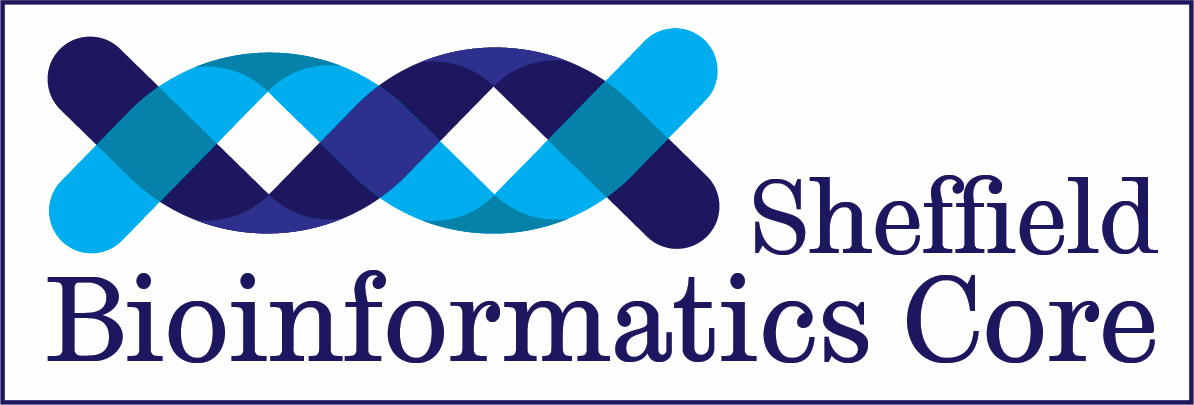As the data generated from high-throughput biological experiments increase in volume and become more complex, the ability to manipulate and visualise data is a highly-desirable skill in academia and industry. Whilst familiar tools such as Excel allow basic manipulations, they are often not scalable to larger datasets and are not ameanable to reproducible analysis.
R is a highly-regarded, free, software environment for statistical analysis, with many useful features that promote and facilitate reproducible research.
In this course, we give an introduction to the R environment and explain how it can be used to import, manipulate and visualise tabular data.
After the course you should feel confident to start exploring your own dataset using the materials and references provided.
Please give us feedback for the course using this form. This will help us improve the course for the future.
Researchers in life sciences who want to get manipulate and visualise their data more efficiently
You will need to bring an internet-enabled laptop to the course and install the latest versions of both R and RStudio before coming to the course
Install R by downloading and running this .exe file from CRAN. Also, please install the RStudio IDE. Note that if you have separate user and admin accounts, you should run the installers as administrator (right-click on .exe file and select “Run as administrator” instead of double-clicking). Otherwise problems may occur later, for example when installing R packages.
Install R by downloading and running this .pkg file from CRAN. Also, please install the free RStudio IDE
You can download the binary files for your distribution from CRAN. Or you can use your package manager (e.g. for Debian/Ubuntu run sudo apt-get install r-base and for Fedora run sudo yum install R). Also, please install free the RStudio IDE.
For queries relating to collaborating with the Bioinformatics Core team on projects: bioinformatics-core@sheffield.ac.uk
Join our mailing list so as to be notified when we advertise talks and workshops by subscribing to this Google Group. You can also connect with us on Linkedin.
Requests for a Bioinformatics support clinic can be made via the Research Software Engineering (RSE) code clinic system. This is monitored by Bioinformatics Core staff, so we will ensure the appropriate expertise (which may involve individuals from multiple teams) will be available to help you
Queries regarding sequencing and library preparation provision at The University of Sheffield should be directed to the Multi-omics facility in SITraN or the Genomics Laboratory in Biosciences.
